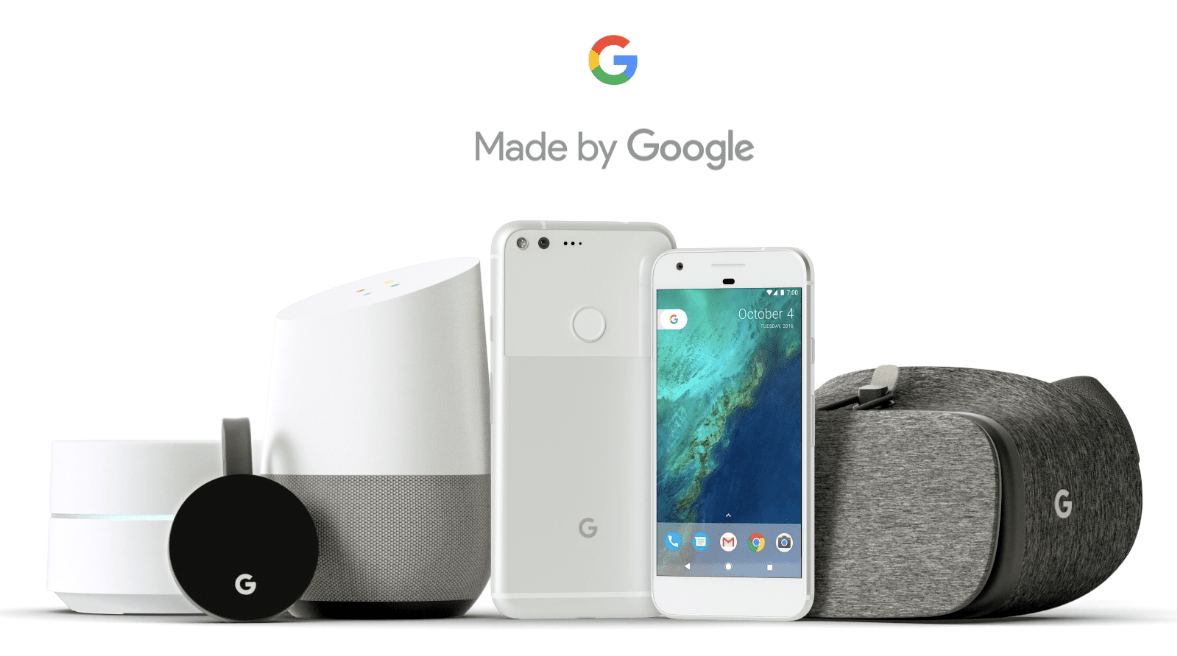Google’s Pixel Phone and other AI enabled devices are a privacy nightmare

At Google’s October 4th Pixel Event CEO Sundar Pichai introduced new products and services. He touted the company’s advances in artificial intelligence (AI) saying “AI is going to lead the way”. It’s no surprise then, that all the new Google products have AI baked in.
These new products and services, with AI baked in, come with serious privacy concerns.
Natasha Lomas, Writing for TechCrunch
Along with two new ‘Google designed’ flagship Android smartphones (called Pixel), the first Androids to be preloaded with the company’s AI assistant (the Google Assistant), and also including fully unlimited cloud storage to suck users’ photos and videos into Google’s cloud; there were Google Wifi routers, designed to be bought in bundles to plug all those pesky in-home Internet blackspots; the Google Home always listening connected speaker, which is voice controlled via the Google Assistant and has limited support for third party IoT devices (such as Philips Hue lightbulbs); an updated Chromecast (the Ultra) to ensure any legacy TV panels are Internet-enabled; and Google’s less disposable mobile VR play, aka the soft-touch Daydream View headset — just in case consumer eyeballs seek to stray outside the data-mined smart home by escaping into virtual reality.
The scope of Alphabet’s ambition for the Google brand is clear: it wants Google’s information organizing brain to be embedded right at the domestic center — i.e. where it’s all but impossible for consumers not to feed it with a steady stream of highly personal data. (Sure there’s a mute button on the Google Home but the fact you have to push a button to shut off the ear speaks volumes… )
That’s icky enough in my view. But what’s really not ok, Google is the seismic privacy trade-offs involved here. And the way in which Alphabet works to skate over the surface of these concerns.
What he does not say is far more interesting.
i.e. that in order to offer its promise of ‘custom convenience’ — with predictions about restaurants you might like to eat at, say, or suggestions for how bad the traffic might be on your commute to work — it is continuously harvesting and data-mining your personal information, preferences, predilections, peccadilloes, prejudices… and so on and on and on.
AI never stops needing data. Not where fickle humans are concerned.
So the actual price for building a “personal Google for everyone, everywhere” would in fact be zero privacy for everyone, everywhere.
I stopped using Google products and services a couple of years ago. At that time Google was already collecting more data than I was okay with. There new AI enabled products and services carry Google’s invasion of consumer privacy to a whole new level.
Everyone needs to know what privacy they are giving up before deciding to go down the road with Googles new AI enabled products.